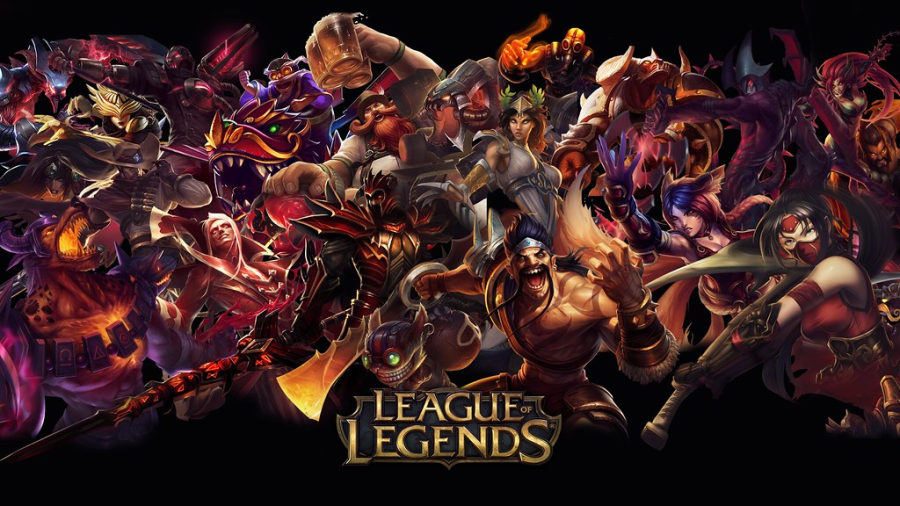League of Legends – Still Relevant
Leaving an undeniable impact on the gaming industry, League of Legends is a free-to-play strategy-based game that’s taken the gaming world by storm since its release in October of 2009. The game has remained one of the world’s most popular gaming titles even after a decade post-release as League of Legends has maintained over hundreds of millions of players within the past year. League of Legends’ immense popularity is no mistake, but exactly how has this team strategy game maintained such longevity throughout the past decade, and what can we expect for the game’s future?
There are many reasons as to why League has maintained such a strong fanbase over the years, one being its addictive gameplay and its isometric perspective. Having a large cast of characters each serving an important purpose adds to the games playability. Since League is a very calculated game, adding or subtracting even one character can throw off the balance of the game as a whole.
The gameplay League of Legends presents to its players something most often found in games that had to be purchased in order to play; however, League of Legends does not require this fee, which played an important role in the success of League of Legends. At the time of the game’s release, free-to-play games weren’t as common or widely known. Conceptually foreign to gamers at the time, League of Legends attracted many curious players who questioned the quality of a game that was free.
The developers of League of Legends, Riot Games, are no strangers to strategic advertising and marketing. As a means of attracting new players who have yet to pick up the game, League of Legends has expanded into the music and animation industry, with projects such as Pentakill, K/DA and Netflix series Arcane. Whether it be to promote in-game skins, expand character lore, or attract new players, Riot Games has taken many different approaches to expanding League of Legends’ player base to the fullest.
Years after the successful debut of League of Legends metal band Pentakill in 2014 (a group that would then go on to hit #1 on iTunes Metal Chart), Riot Games went on to debut a virtual K-Pop group: K/DA. This group is composed of the League of Legends characters Ahri, Akali, Evelynn, and Kai’Sa with the voices behind the operation being Madison Beer, Jaira Burns, and K-Pop girl group (G)I-DLE’s Cho Miyeon and Jeon Soyeon. The group’s debut song, POP/STARS, blew up worldwide as the music video went on to accumulate over 100 million views within a month after its release.
Aside from breaking into the music industry, Riot Games has also taken League of Legends into the world of animation with their Netflix series Arcane. The series tells the story of the game’s champions such as Jinx, Vi, Viktor, Jayce, and Ekko before the events of League of Legends. The series first released on November 6, 2021, and the first season has spent four weeks on Netflix’s Global Top 10. The second season of the animated series has already been announced, and viewers and players alike anticipate its release. Arcane has also become a hot topic among those who are not interested in playing League of Legends, much like the releases of K/DA.
From in-game content to outside promotion, League of Legends has gained and maintained popularity in many ways. Between the innovative isometric perspective, fan cosplays of viewers’ favorite Arcane character, dance covers of K/DA’s impressive choreography, developers and fans contributed largely to the rise and longevity of League of Legends. The reign of League of Legends within the gaming industry is far from over, and thus far there is no end in sight for the multiplayer strategy game’s immense success.

